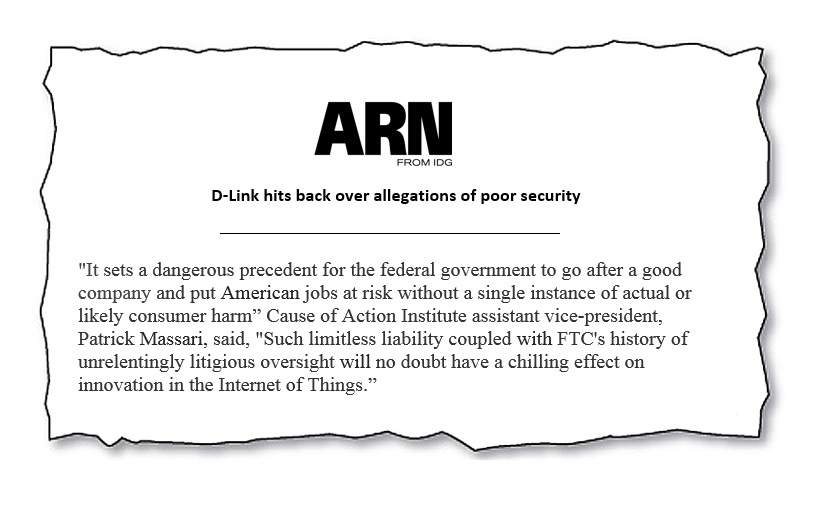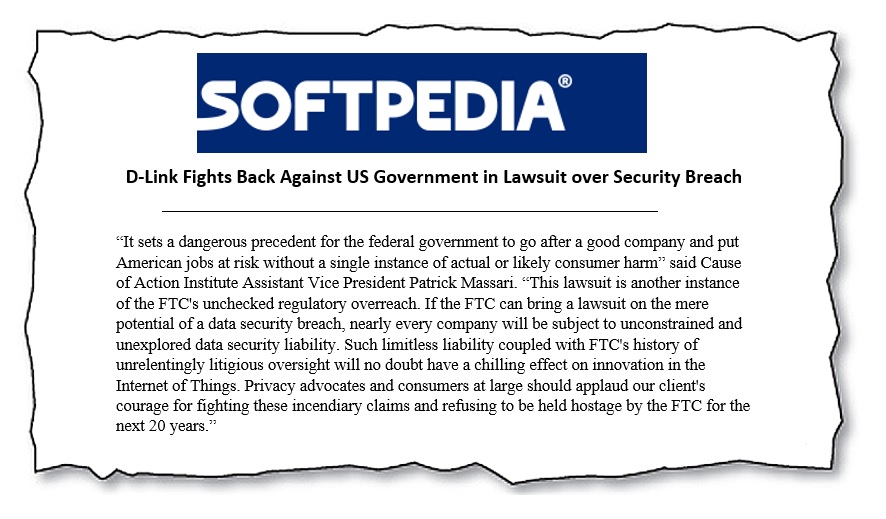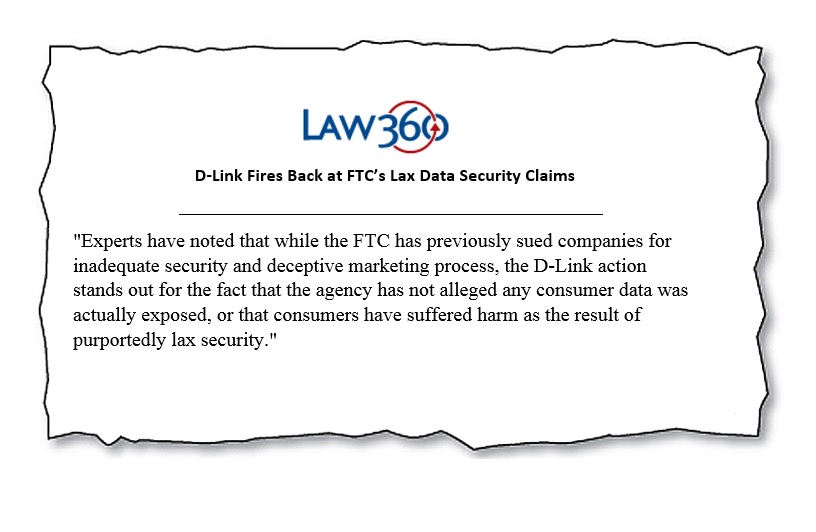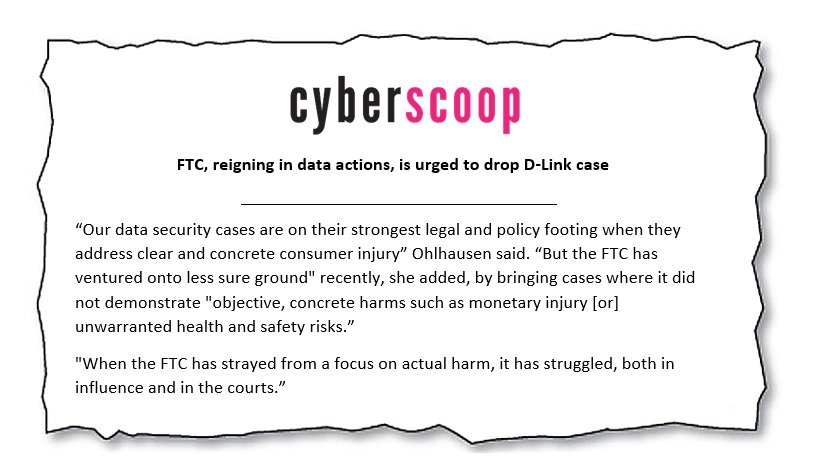Washington, D.C. – Cause of Action Institute (“CoA Institute”) is stepping in to defend a small family-run tech support company, Vylah Tec, LLC (“V-Tec”), after the Federal Trade Commission (“FTC”) targeted the company and conducted an hours-long raid of the company’s headquarters on suspicion of “deceptive” sales practices. The raid was initiated as part of a politically-hyped campaign known as Operation Tech Trap headed by the FTC in conjunction with the Florida Attorney General’s office.
V-Tec is a small start-up owned by Robert Cupo that operates out of a single office in Fort Myers, Florida, and provides tech support to customers who buy electronic devices from the Home Shopping Network and other shopping channels. Individuals who purchase electronic devices such as laptops, printers and tablets are provided pre-paid tech support with their purchase. On top of its tech support operation, V-Tec also generates revenue from selling third-party antivirus and other data security software to customers who want additional security on their devices.
The FTC’s sting-like raid, assisted by local police, included hands-in-the air orders, the temporary confiscation of employee cell phones, and police-escorted bathroom breaks. One mother was told she could not leave to pick up her kids from daycare and police officers would use her phone to call and tell them she had been detained for questioning. Despite the hostile raid, FTC investigators were apparently unable to uncover any concrete evidence of wrongdoing by the company.
Nevertheless, a Florida District Court judge was sufficiently convinced by FTC lawyers to grant the government a preliminary injunctive order against V-Tec. This punitive process includes turning the company’s operation over to a third-party receiver and freezing the assets of the Cupo family members. CoA Institute has filed a motion to stay the District Court’s order.
CoA Institute Senior Counsel Cynthia Crawford: “When the government puts a company in its crosshairs, the process becomes the penalty. In this case, the court’s decision to allow an injunctive order is akin to using a sledgehammer to swat a fly. Freezing assets and turning the business over to a receiver is steadily draining V-Tec’s finances and destroying its reputation. Meanwhile the court’s action is harming the thousands of customers who are not receiving the support they paid for. We urge the court to reevaluate the flawed evidence FTC presented and stay this destructive order so that the Cupo family can have their day in court before the company is destroyed.”
In court, the FTC argued that V-Tec’s sales pitches for the software are deceptive, citing two examples of recorded calls. However, the FTC clearly mischaracterized its evidence and failed to support accusations fundamental to FTC’s case. Much of the evidence presented is either incomplete or incorrect. For example, the government in open court, played a portion of a tech support call that they wrongly alleged as deceptive “upselling.” What the government omitted, however, was that the technical support representative stayed on the phone after the customer declined to purchase additional software and addressed the caller’s problem.
A second transcript the FTC submitted in court mislabeled the so-called guilty party as a V-Tec employee, when in fact the person trying to harm the consumer did not actually work for V-Tec. A brief investigation of the call and the surrounding context would have made that clear. A V-Tec support representative actually protected the consumer in that instance, disconnecting the other individual from the call and disabling his remote access to the caller’s computer.
Instead of protecting consumers, the court’s injunction order is causing the most significant consumer harm. Since May 3, 2017, V-Tec has failed to answer over 100,000 customer calls. Many of these are likely customers with lifetime service contracts who, instead of receiving the product they paid for, are stuck in a never-ending hold loop. The order also froze assets of individuals with no actual stake in V-Tec. These individuals cannot access their savings and are struggling to pay for basic life expenses, or in one case, access funds of a wholly unrelated business.
The full motion for stay is available here.
For information regarding this press release, please contact Zachary Kurz, Director of Communications: zachary.kurz@causeofaction.org




